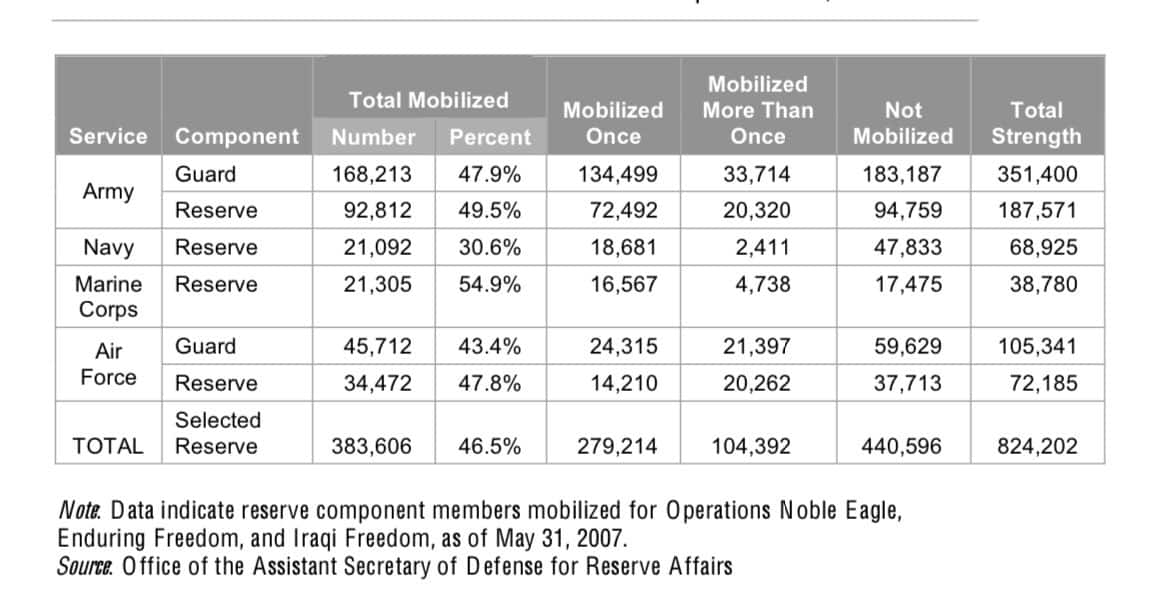In 2015, the “Defend the Guard Act” was introduced in the West Virginia legislature, aiming to bring sanity to our nation’s foreign policy and the legal abuses foisted upon our servicemen within our state’s National Guard.
This proposed law emerged from long forgotten principles, pieced together into legislation that was committed to the idea that our troops ought to only be sent into foreign wars with a declaration of war by the U.S. Congress—a constitutional mandate forsaken for over eighty years now.
With the Congress renouncing its solemn responsibility, over time, the process of throwing American troops into foreign wars has become a matter of unilateral decree by the president, an office swayed carelessly by the administrative state and impulsive bureaucrats from the Pentagon.
The consequences of this radical departure from our nation’s traditional governance have been predictable: a catastrophic state of “Forever Warfare,” financially and morally bankrupting our country.
The Defend the Guard Act, then, is a last-ditch effort to reassert legislative oversight before it’s too late, and force Washington to confront the neglected ethics long held by the Western “Just War Tradition”—that armed conflict should always be a measure of last resort.
The legislation, however, is more than just a simple procedural check. A crucial aspect is its focus on keeping our Guard units at home, where they’re needed most. A state’s National Guard is essential for handling local emergencies like floods and storms or securing our borders.
Over the years, a troubling trend has emerged: many of the National Guard members who have been cut down on the front lines of Washington’s perpetual foreign wars hail from rural states akin to West Virginia—states like Arkansas, Ohio, and Kentucky, or Montana, Idaho, and Wyoming.
This disproportionate burden of foreign wars borne by our country’s rural regions—areas often dismissed by the elites of this nation as “flyover country”—is not just a tragedy, it’s an outrage. To the ruling coastal elite, our servicemen from such states are seen as expendable.
During the height of the Iraq War, for instance, nearly half of all combat brigades were National Guardsmen, a great many from rural states held in contempt by the managerial ruling class, who don’t think twice about them or their families.
Central to this entire affair has been the incredible efforts of Sgt. Dan McKnight (Ret) and the organization he formed, Bring Our Troops Home. Dan’s leadership and organizational skills have propelled this idea from a meager initiative in West Virginia to a national movement.
Dan’s devotion to the cause, coupled with his talent to articulate its urgency, has galvanized massive support and brought critical attention to the subject—amplifying the voices of combat veterans everywhere and motivating state legislators across the country to take action.
Each year, as we’ve fought to advance this ‘Defend the Guard’ legislation, formidable resistance is encountered, primarily from the Pentagon and their bureaucratic lackeys. The “Brass” and the useful idiots sent to carry out their bidding employ a wide range of sordid tactics; from disingenuous accusations of “failing to support the troops,” to more aggressive methods behind closed doors—like threats of federal-funding cuts and hints of public defamation against those who support the legislation—the hostility has only intensified.
The escalation of these schemes if a sign of their growing desperation. It’s quite common now for uniformed general officers to patrol the halls of state capitols, lobbying state legislators against the bill with Machiavellian tactics.
These blatant measures on behalf of public “servants” attached to the Pentagon pose a direct challenge to the fundamental American principle of civilian authority over the military—raising questions as to who really controls the armed forces of this country anymore.
Despite this ordeal, the Defend the Guard Act has begun to spread like wildfire, thanks again in large part to Dan McKnight’s heroic efforts. This once-regional idea has now found resonance in dozens of state capitols across the nation.
Huge victories have been achieved with the bill’s passage in the Arizona Senate, and—as of four days ago—its success through the New Hampshire House, marking an even bigger milestone. With the potential to reach up to 40 states this coming year, a pivotal turning point is at hand.
The success of this movement underscores a very critical moment for our states to leverage their inherent powers within our country’s federalist framework, compelling the federal government in Washington to adhere to its foundational principles.
Paramount in this endeavor is the protection of our courageous servicemen within the National Guard—along with the prudent treatment of all of our country’s warriors, who honor their sacred oaths they swore to the Almighty when they donned the uniform.
By reviving long-neglected political principles and promoting the classical virtues, true leaders can be encouraged to emerge and drive efforts that can also safeguard our nation as a whole.
Next week, for the tenth consecutive year, I’ll re-introduce the Defend the Guard Act here in West Virginia. As the idea spreads, I’m hopeful a growing resolve to uphold the virtues our country was founded upon will as well.






